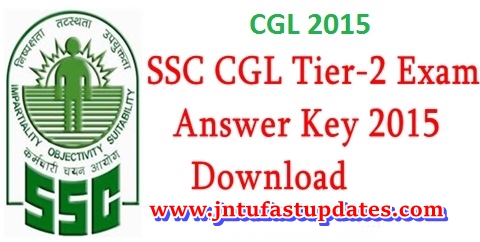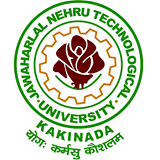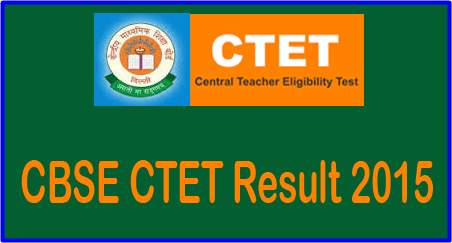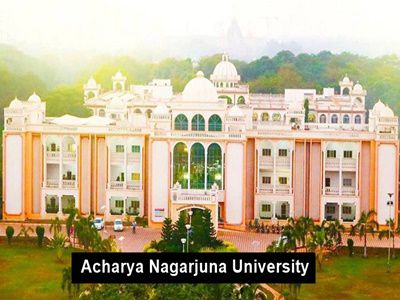SSC CGL Tier-2 Answer Key 2015 Download – October 25, 26th Oct 2015, Download SSC CGL Tier II Exam 2015 Answer Key with Question Paper Solved Answers From Below Mentioned Websites.
SSC CGL Tier-2 Answer Key 2015 Download – October 25, 26th Oct 2015 :

SSC CGL Tier-2 Answer Key 2015 of Exams Held on October 25, October 26, 2015 in Paper 1, paper 2, paper 3 Wises. On October 25 paper 1 & paper 2 was Conducted and On October 26 Paper 3 Conducted in Moning Session. SSC CGL 2015 tier 2 Exam Consists For 200 Marks in Every Paper. Answer Key of SSC CGL Tier II 2015 Exam Contains Questions about Quantitative Abilities, English Language and Comprehension, Statistics.
SSC Cgl Tier 2 Exam Results 2015 used to determine with ssc cgl tier 1 marks sheet and will called for an interview/ Skill Test. SSC CGL is Staff Selection Commission Combined Graduate Level Examination. Those who are Attempted SSC CGL Tier 2 Exam on October 25, 26 they can Download the SSC CGL Tier-2 Answer Key 2015 Un Official/ Preliminary from Below Dastak Carrer Coaching Center and other Websites.
SSC CGL Tier-2 Exam 2015 Pattern :
SSC CGL Exam Tier 2 2015 Contains 3 Papers, That is Paper 1 is like 10th Exam Level, Paper 2 Based on Intermediate exam level and Paper 3 will be based on Graduated level Question. Everyone need SSC CGL Tier 2 Answer key to check their answers whether its correct or not. Download SSC CGL Admit card From SSC.nic.in
Paper 1 Consists of 100 Questions and For 200 marks and Paper 2 Consists of 200 questions and for 200 marks which are conducted on October 25, 2015. In Paper 3 Consists 100 Questions for 200 marks that will be on October 26, 2015.
SSC CGL Tier-2 Answer Key 2015 Download – October 25, 26th Oct 2015 :
SSC Cgl Tier II 2015 Answer Keys Will Be Publish Here Fast after Completion of the Exam From Coaching Centers and Official Websites. Answer keys will be available on October 25 only i.e Preliminary.
Answer key of SSC CGL 2015 Tier II (25 Oct exam) Released (unofficial)
- SSC CGL Tier-II October 25, 2015 (Quantitative Aptitude) Answer Key (Test Form No. 1111421):
- SSC CGL Tier-II October 25, 2015 (English Language& Comprehension) Answer Key (Test Form No. 2023764):
SSC CGL Answer Key For October 25 Paper 1 Exam
SSC CGL Answer Key For October 25 Paper 2 Exam
SSC CGL Answer Key For October 26 Paper 3 Exam
How To Download SSC CGL Tier 2 Answer Key ?
- open SSC CGL official Website ssc.nic.in or Click on Above Links.
- Check SSC CGL Tier 2 Exam 2015 Answer Key Option.
- Click and Enter Your Register Number and Date of birth.
- Click on Submit and Download PDF Answer key of SSC CGL 2015 Tier 2.
- Save and Check your Answers with Questions.
Stay Tuned For More SSC CGl Tier 2 Results, merit List, Cut off marks and Tier 3 Selected Candidate list and lot more Updates Here.


320-x100(1).gif)






